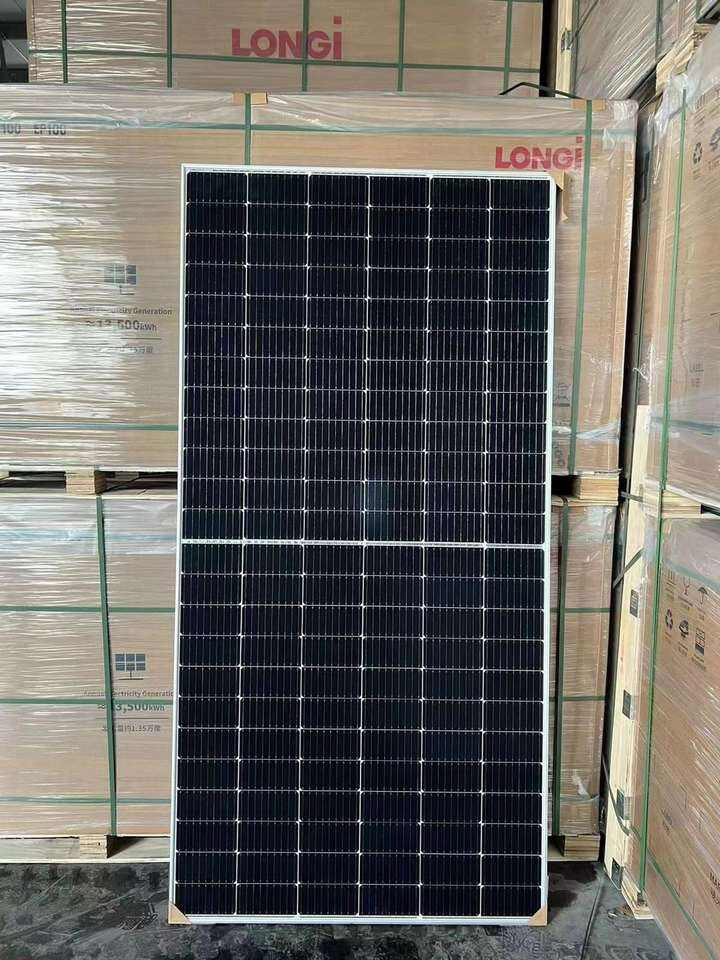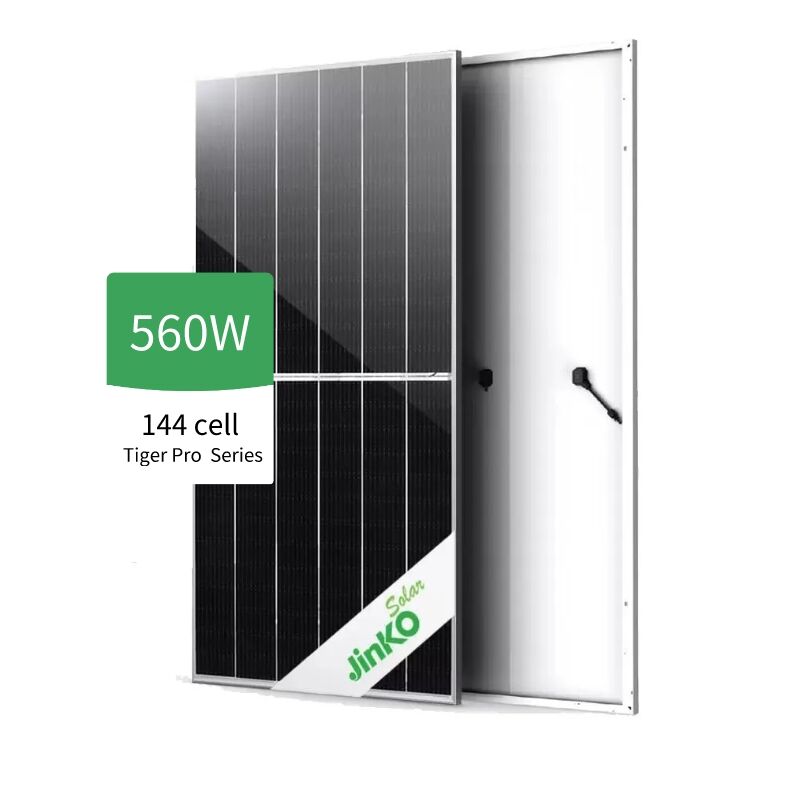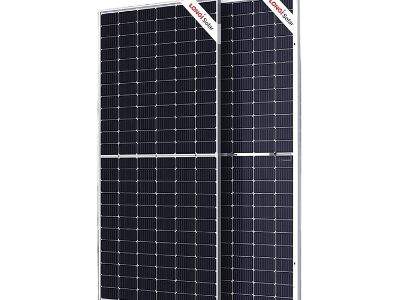The Different Types of Solar Panels – Find Out Which is Best For You
In today’s world, solar power becoming increasingly popular as a source of clean and energy renewable. With the rise in popularity of GIFTSUN solar panels, there are different types of photovoltaic (PV) panels available on the market.
1. Mono Solar Panels
Mono panels are solar designed with a crystalline silicon cell single. This type of cell made by using a silicon single to create the cell entire. The cells are then cut into thin wafers, which are then made into mono solar panel.
Advantages:

Mono panels are solar highly efficient, meaning they are able to convert a greater amount of sunlight into energy. They are more durable and have a longer lifespan than other types of PV panels.
Innovations:
There have been innovations are recent the production of mono panels are solar which have improved their durability and efficiency. For instance, manufacturers are making use of more technologies are advanced as PERC (Passivated Emitter and Cell rear half-cut cells are solar make these panels more efficient.
Safety:
Mono panels are solar very safe to use and pose no risk to the user, as long as they are installed correctly.
Use and How to Use?
Mono panels are solar used in a variety of applications, including residential, commercial, and settings are industrial. They are installed on rooftops, and the user must ensure they are connected to an inverter, which will convert the DC power generated by the panel to AC power for use in the home true business.
Service and Quality:
Mono panels are solar require little to no maintenance. They are backed by a warranty, which varies depending on the manufacturer. However, mono panels are solar known to have level high of and are very reliable.
Application:
Mono panels are solar ideal for those who prioritize durability and efficiency. They are often a choice good those living in areas with few hours of sunlight.
2. Poly Solar Panels
Poly solar panels, also known as multicrystalline solar panels, are made silicon using multiple. The cells are melted together to form a block, which then cut into wafers. These wafers are then made into poly pv solar panels.
Advantages:

Poly panels are solar more affordable than mono panels are solar. They are reliable and durable, making them a choice good those looking to save money while still investing in solar energy.
Innovations:
There have been innovations are recent the production of poly panels are solar including the use of PERC technology and half-cut cells are solar. The efficiency have been improved by these innovations of poly panels are solar.
Safety:
Poly panels are solar very safe to use and pose no risk to the user, as long as they are installed correctly.
Use and How to Use?
Poly panels are solar used in residential, commercial, and settings are industrial are installed on rooftops. They are connected to an inverter converts the DC power generated by the panel to AC power for use in the home true business.
Service and Quality:
Poly panels are solar known to be reliable and require little maintenance. They are backed by a warranty, which varies depending on the manufacturer.
Application:
Poly panels are solar ideal for those who want to invest in solar energy but are on a tighter budget. They are a choice good those living in areas with moderate sunlight.
3. Thin-Film Solar Panels
Thin-film panels are hybrid solar power inverter made using a layer thin of material such as amorphous silicon, cadmium telluride, or copper indium gallium selenide. This layer then applied to a substrate, such as metal or glass.
Advantages:

Thin-film panels are solar flexible and can be used on a variety of surfaces, including roofs, walls, and even backpacks. They are lightweight, making them easy to transport and install.
Innovations:
There have been innovations are several the production of thin-film solar panels, including the use of new materials such as perovskite and materials are organic. These innovations have improved the efficiency of thin-film panels are solar.
Safety:
Thin-film panels are solar very safe to use and pose no risk to the user, as long as they are installed correctly.
Use and How to Use?
Thin-film panels are solar used in a variety of applications, including residential, commercial, and settings are industrial.
Service and Quality:
Thin-film panels are solar maintenance low are often backed by a warranty, which varies depending on the manufacturer.
Application:
Thin-film solar panels is a choice good those who want flexibility when it comes to installation.

 EN
EN  AR
AR  BG
BG  HR
HR  CS
CS  DA
DA  NL
NL  FI
FI  FR
FR  DE
DE  EL
EL  IT
IT  NO
NO  PL
PL  PT
PT  RO
RO  RU
RU  ES
ES  SV
SV  IW
IW  ID
ID  SR
SR  HU
HU  TR
TR  FA
FA  AF
AF  MS
MS  KK
KK  UZ
UZ /images/share.png)
